As it is not illegal to consume "laughing gas", it is not possible to fine a driver for possession of a cylinder. However, the product is not without risk if used while driving.
Newspaper headlines are full of these stories. The latest accident in early June in Normandy: "Two cars in flames after an accident, a bottle of nitrous oxide explodes: a 20-year-old man killed", headline France 3. Earlier, in April, in Montpellier: "A motorcyclist amputates a leg... The driver who hit him had just inhaled nitrous oxide", writes 20 Minutes. Or again, in February in Lille, La Voix du Nord : "Rental car, protoxide, speed... What we know about the accident that claimed the life of a student on Saturday."
"It takes a lot of money"
Officially, there are no statistics on the number of accidents caused by nitrous oxide consumption. This is because it is difficult, if not impossible, to detect the substance in the blood, unlike cannabis or other drugs. "You can measure homocysteine in a blood sample, which indicates that vitamin B12 is not being properly used in the cells[which are deficient when nitrous oxide is consumed]. But you have to know how to measure it, and that doesn't give you any certainty, because it's not just nitrous oxide that creates this deficiency", explains Dr Thierry Gendre, neurologist at Henri-Mondor Hospital in Créteil (Val-de-Marne). "Research is needed to find blood markers of consumption. We've been authorized to collect blood samples from certain consumers, which is a first step. But it requires a lot of money, which we don't have at the moment", laments Guillaume Grzych, biologist and head of the nitrous oxide network at Lille University Hospital.
As it stands, consuming nitrous oxide is not illegal. In the event of a police check on a driver holding a nitrous oxide cylinder, it is difficult to issue a fine. We don't know how long the effects last, but many users continue to drive, despite the hallucinations, loss of alertness and even loss of consciousness that can result from inhalation. In January, the French National Assembly debateda proposed law aimed at banning the sale of nitrous oxide to non-professionals and criminalizing its use. The latter point was rejected, with the rapporteur denouncing a "penal one-upmanship" approach. At present, in the event of an accident, users can only be prosecuted for failure to control their vehicle or deliberate endangerment if the use of laughing gas is proven.
Prevention campaign
"We need to find protective measures. We insist that the use of psychotropic drugs, including nitrous oxide, should be an aggravating circumstance in cases of road homicide. We hope that it will be included in a list of products considered to be psychotropic. Today, we don't have a sufficiently dissuasive measure to deal with the tragedies linked to drug use", insists Jean-Yves Lamant, President of the Ligue contre la violence routière (League against road violence). Guillaume Grzych, for his part, calls for better prevention among young people:"Up until now, the public has not been very receptive to what we have to say. We've just launched a major prevention campaign using video game covers such as GTA or Mario, to get them involved in prevention."




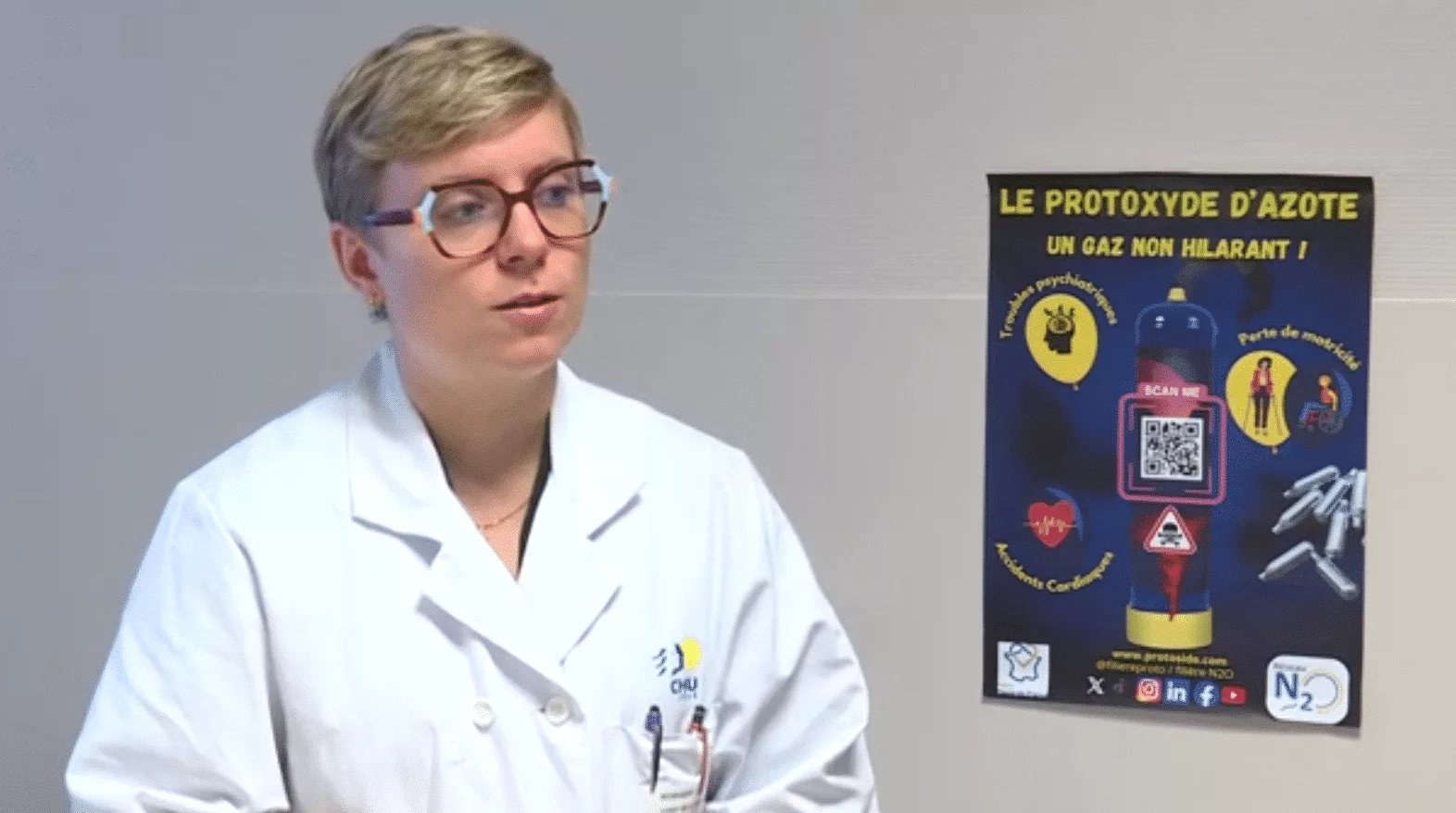

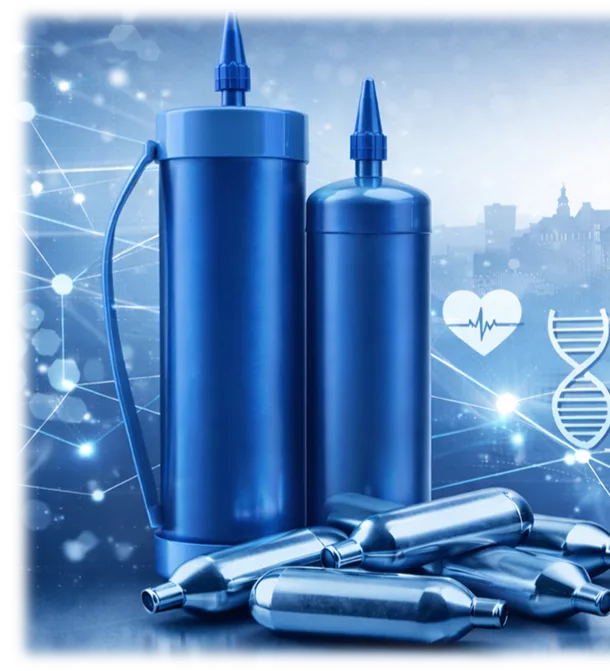
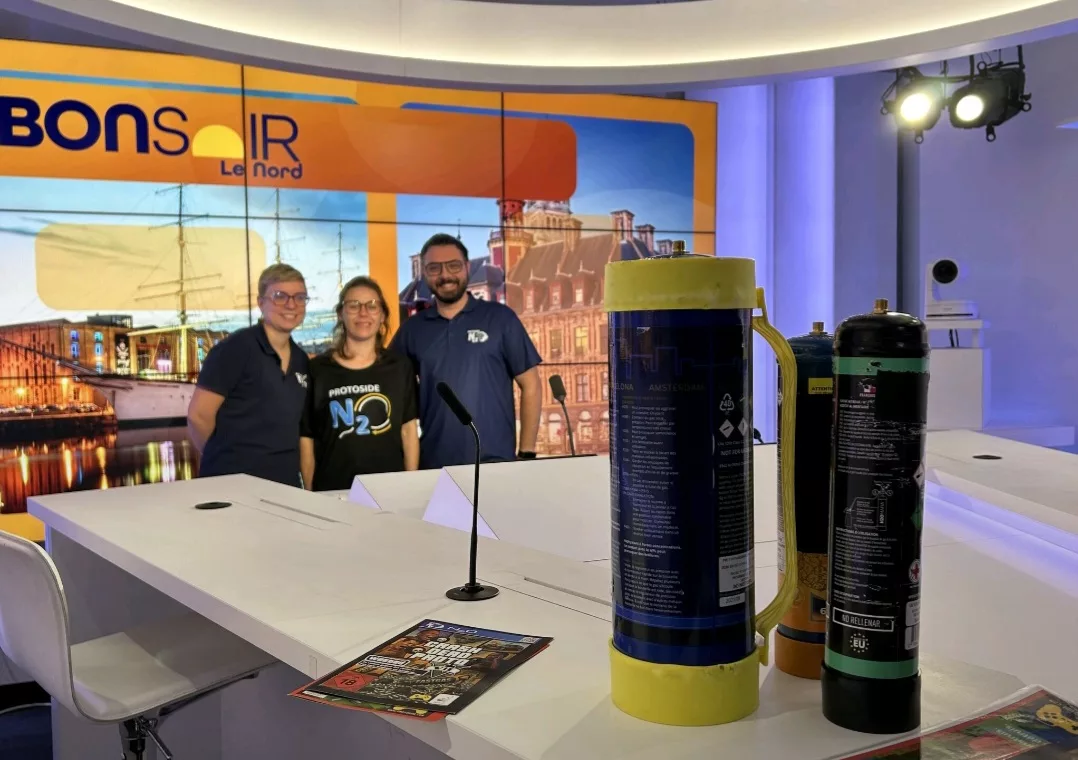
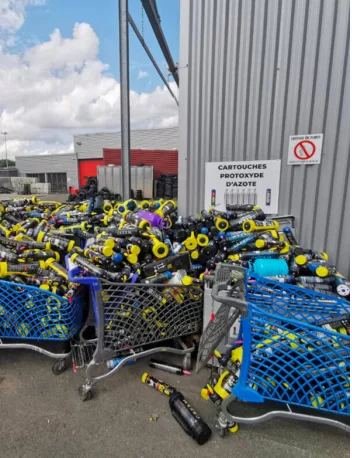
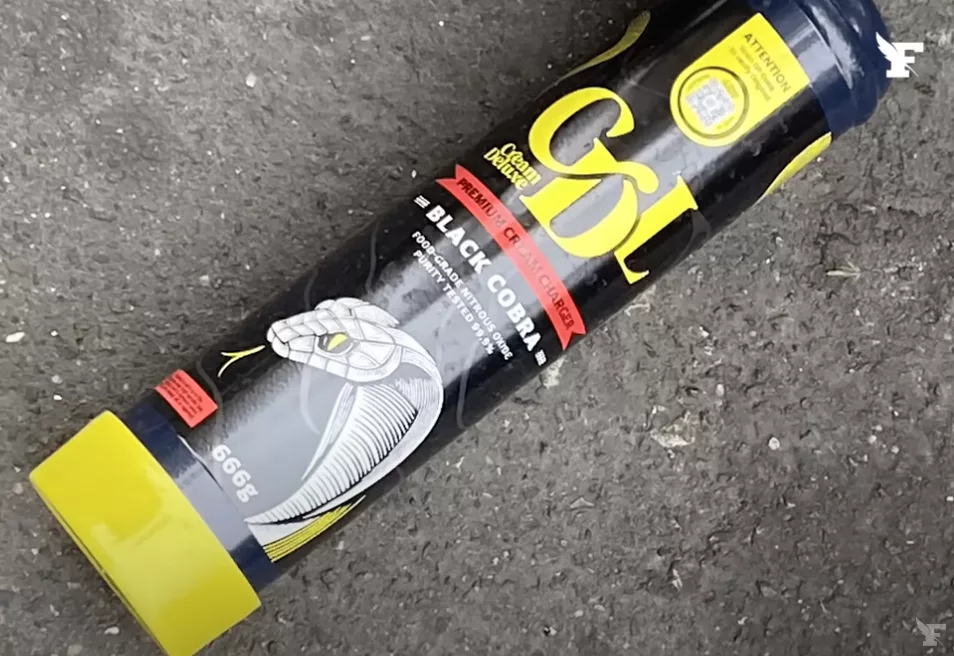
 Make a donation
Make a donation